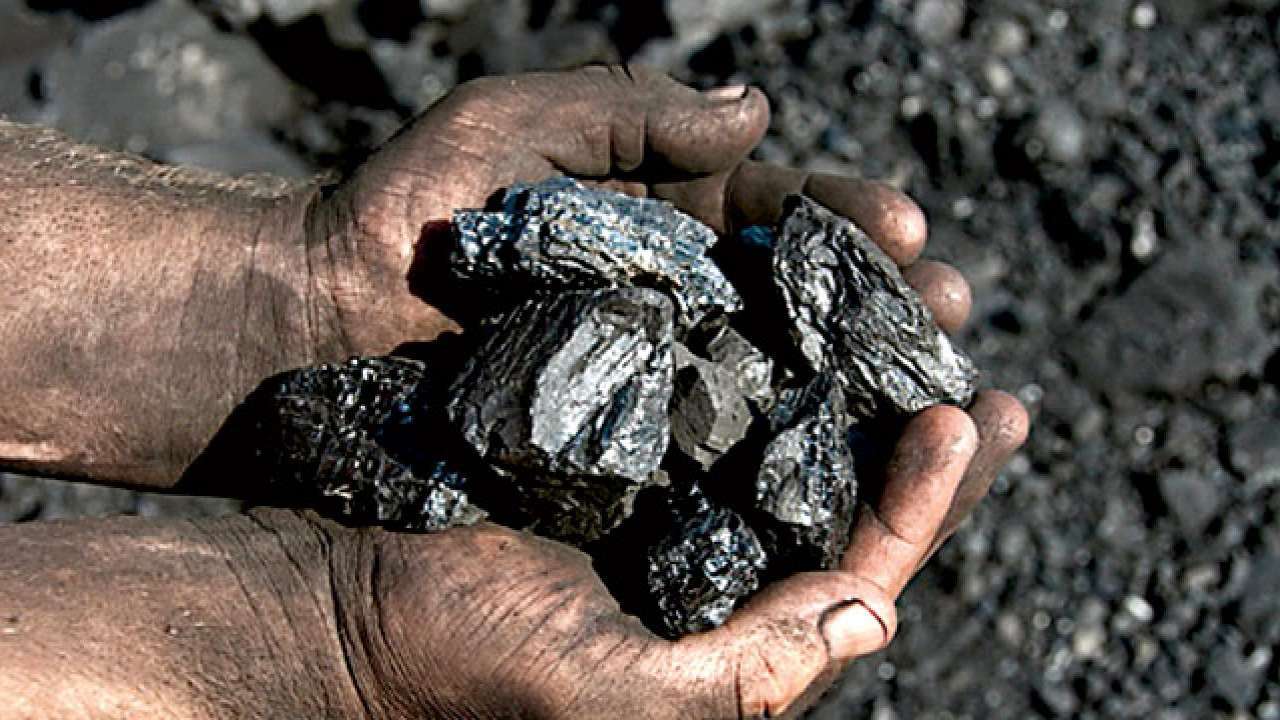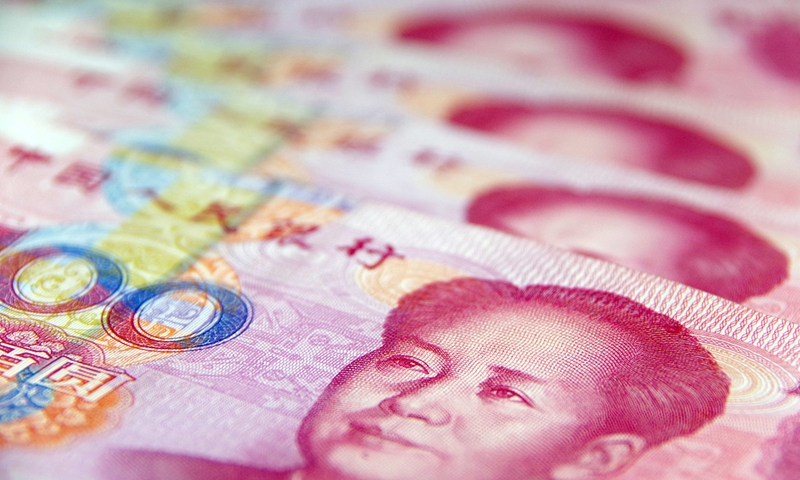How an Indian cement maker bought Russian coal using Chinese money

An invoice seen by Reuters and a source indicates that India’s largest private lender, HDFC Bank NSE 0.53 percent, participated in an Indian cement maker’s recent yuan-based purchase of Russian coal as more information becomes available about the type of trade that could mitigate Western sanctions against Moscow.
There is no indication that the purchase, the specifics of which have not yet been disclosed, violates any of the sanctions put in place against Russia as a result of its invasion of Ukraine.
However, the paper demonstrates one method in which, despite limitations meant to keep Russia out of the financial markets, it may continue to sell commodities abroad without settling in U.S. dollars. Purchasing Russian coal from manufacturer and trader SUEK for 172.7 million yuan ($25.74 million), cement maker Ultratech NSE 0.04 percent was supported by HDFC Bank, according to an invoice dated June 5 and a source with knowledge of the situation.
According to the invoice, the suburban Mumbai branch of HDFC Bank, Andheri East, issued the letter of credit for the transaction. Although the dollar remains the preferred currency for international trade in raw resources, some traders believe that yuan payments for supplies from Russia may become more common.
Such payment methods might grow more popular in India as it tries to keep up its trading relations with Russia for commodities like coal and oil without running the risk of breaking Western sanctions. Hence, India and Russia have close political and security connections; hence, India has refrained from criticizing the conflict in Ukraine, which Russia describes as a “special military operation.”
Due to traders’ inability to sell into many Western markets and their willingness to give deep discounts, India’s energy imports from Russia have increased recently.
The government of New Delhi argues that its imports of Russian commodities are legitimate and that a sudden halt would push up costs and harm consumers.
Greater yuan payment settlement might protect Moscow from sanctions, support Beijing’s efforts to further internationalize the yuan, and undermine the dominance of the U.S. currency in international trade.
In the invoice, SUEK proposes that Ultratech transfer the 172.7 million yuan to its account at the China Everbright Bank branch in Shanghai. The correspondent bank is identified by SUEK as being the HSBC branch in Hong Kong. A correspondent bank serves as a go-between when money is transferred between banks.
However, it is still uncommon for an Indian business to consent to settle a trade with a non-Chinese business in yuan. Without sanctions, foreign payments to Russian energy and commodity firms would normally be made in dollars to Russian accounts via SWIFT.
Lenders might send dollars to foreign banks with enough yuan reserves or to Chinese institutions they have ties with, in return for yuan to execute the trade, in order to settle yuan-based trades involving India.
The invoice included the SWIFT transaction IDs for the Shanghai branch of China Everbright as well as the Hong Kong branch of HSBC. Whether any payments were made over the SWIFT platform was unknown to Reuters.
A secure messaging platform called SWIFT enables quick cross-border payments, facilitating the seamless operation of global trade. In recent months, the system has been disconnected from a number of Russian banks.
Even after a deadly military border conflict between the two countries in 2020 that ratcheted up tensions that have yet to abate, bilateral trade between India and China, which businesses primarily pay in dollars, has thrived.
Neither the receipt of a payment by China Everbright nor the involvement of HSBC or any other bank in a money transfer could be ascertained by Reuters. HSBC and HDFC Bank chose not to comment. Requests for comment from Ultratech, SUEK, and China Everbright Bank went unanswered.
The invoice lacked information on the currencies that were used to pay for the yuan. The amount stated was stated in Chinese Yuan, and Reuters reported last week that Ultratech agreed to make the final payment in Chinese Yuan after importing 157,000 tonnes of coal from SUEK, a company with Swiss registration.
Such payment methods might grow more popular in India as it tries to keep up its trading relations with Russia for commodities like coal and oil without running the risk of breaking Western sanctions. Hence, India and Russia have close political and security connections. Hence, India has refrained from criticizing the conflict in Ukraine, which Russia describes as a “special military operation.”
Due to traders’ inability to sell into many Western markets and their willingness to give deep discounts, India’s energy imports from Russia have increased recently. The government of New Delhi argues that its imports of Russian commodities are legitimate and that a sudden halt would push up costs and harm consumers.
Greater yuan payment settlement might protect Moscow from sanctions, support Beijing’s efforts to further internationalize the yuan, and undermine the dominance of the U.S. currency in international trade.
However, it is still uncommon for an Indian business to consent to settle a trade with a non-Chinese business in yuan. Without sanctions, foreign payments to Russian energy and commodity firms would normally be made in dollars to Russian accounts via SWIFT.
Lenders might send dollars to foreign banks with enough yuan reserves or to Chinese institutions they have ties with, in return for yuan to execute the trade, in order to settle yuan-based trades involving India.
The invoice included the SWIFT transaction IDs for the Shanghai branch of China Everbright as well as the Hong Kong branch of HSBC. Whether any payments were made over the SWIFT platform was unknown to Reuters.
A secure messaging platform called SWIFT enables quick cross-border payments, facilitating the seamless operation of global trade. In recent months, the system has been disconnected from a number of Russian banks.
A spokeswoman stated, “As a matter of policy, SWIFT does not comment on flows between institutions.” Even after a deadly military border conflict between the two countries in 2020 that ratcheted up tensions that have yet to abate, bilateral trade between India and China, which businesses primarily pay in dollars, has thrived.
Due to security concerns, New Delhi has tightened its surveillance of Chinese goods and investments as well as prohibited various mobile applications. According to sources speaking to Reuters last week, the Indian government and central bank were aware of prospective payments for Russian cargo made in Chinese yuan. The government and central bank declined to comment for this piece.




